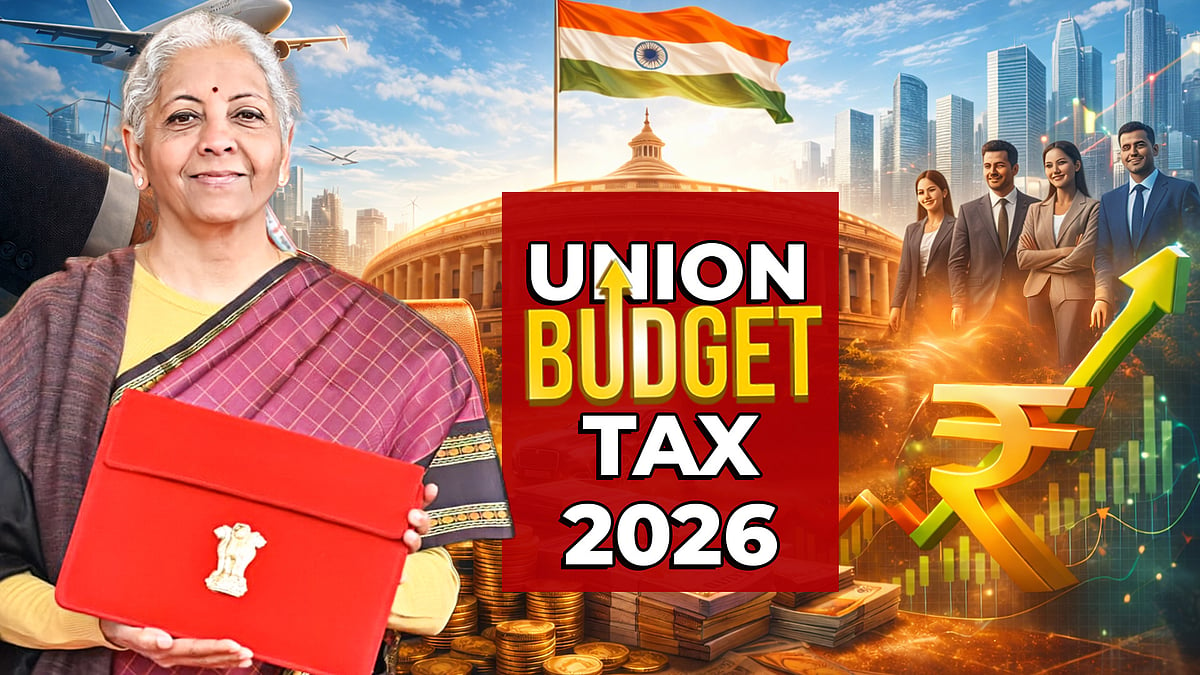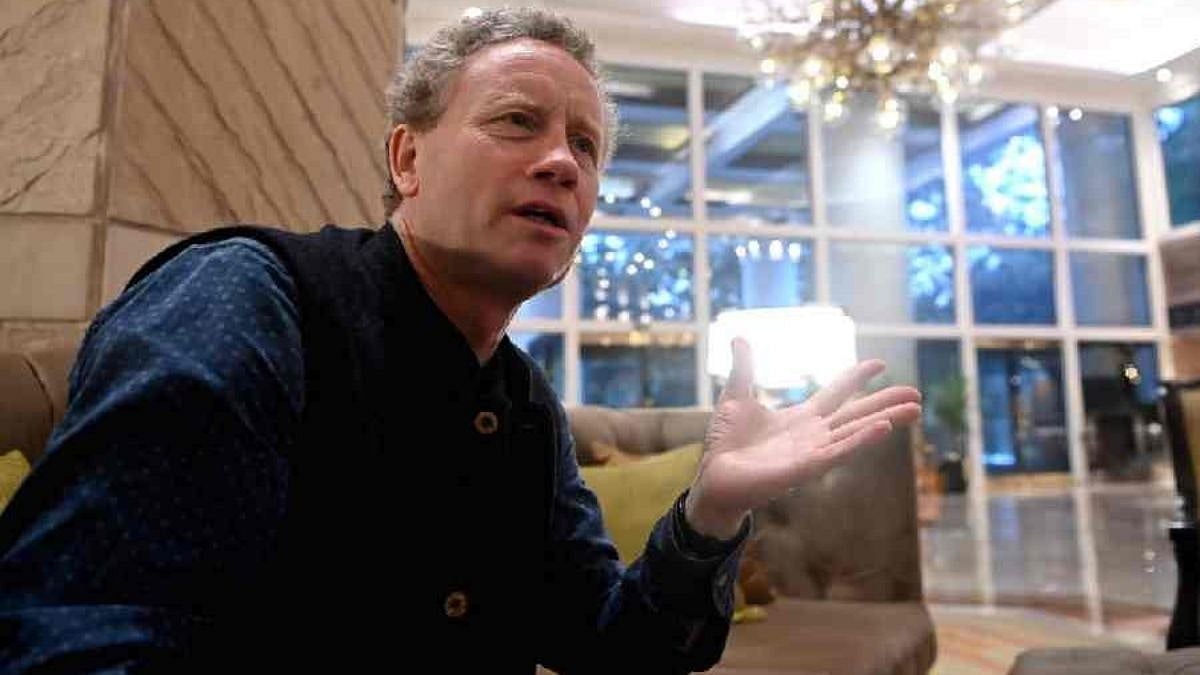According to Celia Elizabeth Green, a British parapsychologist, “in an autocracy, one person has his way; in an aristocracy, a few people have their way; in a democracy, no one has his way” which holds true to disgracefully ousted former Prime Minister, Sheikh Hasina of Bangladesh who refused to see the writing on the wall especially when her imminent downfall was staring at her.
Hasina’s plummeting from grace did not surprise many except herself as she had closed her eyes to the upsurge of people and conspiracy being hatched by the vested interests which emanated from a zeal to establish supremacy in south Asia besides badgering India. Winning 288 seats out of 300 in January, 2024 elections and arrests of opposition leaders, suppression of dissenting voices, violation of human rights etc. could be enough evidence of complete loss of face and credibility of Hasina which culminated into revolt in every nook and corner of the country leading to her ouster. There is no denying the fact that Hasina was a secular face and reformist version of people of Bangladesh which may be poised for a regime to be synthesis and admixture of hardliners and Anti India and Pro China forces thereby sandwiching this troubled nation between two powers in future.
The political upheaval that Bangladesh has experienced over the past 13 months has been deeply polarizing and emotionally charged. It is easy to empathize with any of the key protagonists in the nation's drama. So why does Prime Minister Sheikh Hasina find herself in such a delicate and seemingly inextricable situation? Experts attribute the whirlwind of violent emotions in Bangladesh to an unresolved conflict over the nation's identity—a conflict the country will have to successfully address to survive.
The nation's predicament is evident in the various proposals put forth to resolve the political crisis. A system of government that necessitates such frequent and sometimes violent changes, as the current one does, cannot be stable or widely supported. Perspectives among the vast majority of Bangladeshis vary significantly. Some believe that the President of the Major political party, Sheikh Hasina, Khaleda Zia, or a leader from one of the smaller opposition parties cannot single-handedly solve the problem. However, the stark differences among these alternatives raise a critical question: must one of them be right?
NOTWITHSTANDING complete autocracy, contemptuous attitude towards lakhs of unemployed youths and disregard to miseries of poor people, former prime minister, Sheikh Hasina’s unceremonious ouster was allegedly orchestrated by Pakistan’s intelligence agency, ISI ,Islami Chhatra Sahbir(ICS),a student wing of hard-line, Jamaat-e-Islami Bangladesh, active involvement of Kahilda Zia’s party, BNP(Bangladesh Nationalist party) and intelligence network of China working in this country which led to inflaming of the unprecedented violence and streets protests.
Amidst the turmoil in Bangladesh, Nobel Peace Laureate, Muhammad Yunus will lead interim government and decision was taken after President Mohammed Shahabuddin held consultations with military leaders and the heads of the Students Against Discrimination group .The army chief, general Waker-Uz-Zaman had initiated the process of consultations with political parties and student’s organizations to evolve concuss for the formation of new interim government which followed the approval of the president, Mohammed Shaabuddin.
Experts and ex-diplomats say that the current turmoil is the by-product of public upsurge against Hasina who fled country and India, as a true friend, provided her safe passage but she is poised to seek asylum in one of the European countries and efforts are being made to land in UK but nothing is certain. India is in touch with military generals in Bangladesh and she may not get asylum as Anti-India sentiments which are being fuelled further by Khalida’s party and Jamaat-e-Islami group besides latent support of Pakistan as well as Chinese intelligence agencies.
Army Coups In Pakistan And Bangladesh
Since its Proclamation of Independence in 1971, Bangladesh has experienced numerous governmental shifts. From the initial recorded uprising in August 1975 to the last known attempt in December 2011, the nation has faced a staggering 29 military coups.
In contrast, Pakistan, established in 1947, has spent significant periods under military rule—specifically from 1958 to 1971, 1977 to 1988, and 1999 to 2008. Each of the last five prime ministers has faced convictions or imprisonment following their terms in office.
Currently, Bangladesh is under military control with an interim government has become a reality. Thousands of agitators had taken to the streets of Dhaka, celebrating the departure of Prime Minister Sheikh Hasina. This political shift is significant for US interests, particularly in countering China's influence. While a major policy change is not anticipated, a recalibration is expected. The US strategy in South Asia, viewed through the Indo-Pacific lens, recognizes Dhaka as a pivotal player in the region.
Hindus In Bangladesh May Be Unsafe
Sheikh Hasina had ensured the safety of the Hindus barring some attacks by miscreants and fundamentalists. Due to anarchy, Hindus might feel unsafe hence the Indian government should take up this issue with the interim government and army to protect them from extreme elements. Hinduism is the second largest religious affiliation in Bangladesh, as according to the 2022 Census of Bangladesh, approximately 13.1 million people responded that they were Hindus, constituting 7.95% out of the total population of 165.15 million people. In terms of population, Bangladesh is the third-largest Hindu population in the world which include Sylhet Division1,581,820 (13.5%),Khulna Division2,419,010 (11.52%),Rangpur Division1,874,904 ,12.98%),Chittagong Division3,072,733 (16.65%),Dhaka Division2,721,416 (4.97%) and Rajshahi Division1,081,584 (5.85%)
Similarities Between Ouster Of Hasina And Rajapaksa
There are several similarities between Sheikh Hasina's downfall in Bangladesh in 2024 and the ouster of Sri Lanka's President, Gotabaya Rajapaksa in 2022. Both events can be analysed in the context of political, economic, and social factors: Experts say that Bangladesh has gone the Sri Lanka way but with one difference. Bangladesh faced public upsurge due to autocracy of Sheikh Hasina though economically it is major growing developing nation in the world whereas in 2022, President Gotabaya Rajapaksa was ousted amid an acute economic collapse, with severe shortages of essential goods, fuel, and medicines, leading to mass protests etc.
Economic Mismanagement: Authoritarian Governance: Sheikh Hasina faced criticism for authoritarian practices, stifling dissent, and undermining democratic processes. Accusations of election rigging and suppression of opposition intensified public discontent.
Sri Lanka: Gotabaya Rajapaksa's administration was also criticized for authoritarianism, nepotism, and curtailing democratic freedoms. The Rajapaksa family's dominance in politics was seen as a key factor in governance issues.
Bangladesh: Economic difficulties due to inflation, rising living costs, and unemployment. Mismanagement and corruption allegations compounded public frustration. Sri Lanka (2022): Severe economic crisis characterized by foreign exchange shortages, high inflation, and a collapsing currency. Essential goods like food, fuel, and medicine were in short supply, leading to widespread hardship.
Debt and Foreign Exchange Issues: Bangladesh: Increasing national debt and challenges in managing foreign exchange reserves put pressure on the economy. Sri Lanka: Heavy reliance on foreign debt, particularly from China, and inability to service this debt led to a crippling economic downturn.
Protests and Public Unrest: Bangladesh: Mass protests erupted against economic hardships and political repression, leading to widespread calls for Hasina's resignation. Sri Lanka: Massive protests, known as the "Aragalaya" movement, saw citizens from various backgrounds unite to demand Rajapaksa's resignation due to the economic collapse and perceived governmental incompetence.
Social Unrest and International Factors; Impact on Daily Lives: Bangladesh: The economic downturn and political unrest led to significant disruptions in daily life, contributing to the intensity of the protests. Sri Lanka: Severe shortages of basic necessities affected everyday life profoundly, galvanizing people to protest in large numbers.
International Relations: Bangladesh: Strained international relations due to economic mismanagement and allegations of human rights abuses affected foreign aid and investment. Sri Lanka: The economic crisis was exacerbated by strained relations with international financial institutions and reliance on foreign debt, particularly from China, which limited options for economic recovery.
Leadership Crisis: Bangladesh: Sheikh Hasina's leadership was increasingly seen as ineffective in addressing the mounting economic and political challenges, leading to a loss of public trust. Sri Lanka: Gotabaya Rajapaksa's leadership faced severe criticism for mishandling the economic crisis and failing to provide solutions, culminating in his resignation.
Transition and Instability: Bangladesh: Hasina's resignation or ouster would likely lead to political instability and a power vacuum, complicating the transition to new leadership. Sri Lanka: Rajapaksa's departure led to a period of political instability, with multiple changes in leadership as the country struggled to stabilize.
These similarities highlight how authoritarian governance, economic crises, and public discontent can converge to bring about significant political upheavals in countries facing similar challenges.
Uppermost Challenges For India
The ouster of Sheikh Hasina, who has been considered a friendly ally to India, presents several challenges for India in its diplomatic, economic, and strategic spheres.
1st. Political Instability in Bangladesh; Power Vacuum and Uncertainty: The removal of a stable and pro-India government can lead to political instability, creating a power vacuum that might be filled by elements less friendly towards India. Rise of Anti-India Sentiments; a new leadership might have a different stance towards India, potentially fostering anti-India sentiments and altering the dynamics of bilateral relations.
2nd. Border Security and Migration ;4,000 Kms Border Management: Political changes might affect cooperation on border management, potentially increasing challenges related to illegal migration, human trafficking, and cross-border terrorism. Refugee Influx: Any instability or unrest in Bangladesh could lead to a refugee influx into India, particularly in the north-eastern states, putting additional strain on resources and security.
3rd. Economic Relations and Trade; Trade Agreements: Changes in the political landscape could impact ongoing and future trade agreements, affecting bilateral trade which has been beneficial for both countries.
4th. Geopolitical Dynamics; China's Influence: A new leadership might tilt towards China, enhancing its influence in Bangladesh. This could counterbalance India's efforts and affect its strategic interests in the region. Regional Cooperation: The shift could impact regional cooperation frameworks like BIMSTEC and SAARC, where Bangladesh plays a key role, potentially affecting India's regional strategies.
5. Counterterrorism Efforts; Security Collaboration: The cooperation between India and Bangladesh on counterterrorism has been significant. A change in leadership might alter the level of collaboration, impacting efforts to combat terrorism and insurgency in the region. Extremist Elements: There is a risk that extremist elements could exploit political instability, posing a direct threat to India's security.
6th. Water Sharing Disputes; Teesta River Water Sharing: The Teesta river water-sharing agreement, which has been a point of contention, might face new challenges with a change in leadership. This could affect agriculture and water availability in Indian states like West Bengal.
INDIA’S Strategic Response; experts say that India would require the initiative like diplomatic Engagement with the new leadership to maintain and strengthen bilateral ties. Security Measures: Enhance border security and intelligence-sharing mechanisms to counter potential threats. Economic Diplomacy: Reassess and negotiate trade agreements to secure economic interests. Regional Alliances: Strengthen regional alliances and counterbalance external influences like China's growing presence in Bangladesh. Navigating these challenges will require a nuanced and proactive approach from India to sustain its strategic and economic interests in the region.
An Emergent Task Before Interim Government
Restoring Political Stability. Challenge: The interim government had to navigate a highly polarized political landscape with major parties at odds and a history of contentious elections .Action: They needed to establish a neutral ground and engage in dialogue with all political factions to ensure a peaceful and democratic transition.
Organizing Free and Fair Elections; Challenge: Ensuring that upcoming elections were free, fair, and credible was critical for restoring public trust in the democratic process. Action: This required comprehensive electoral reforms, updating voter rolls, and ensuring the neutrality and independence of the Election Commission. Combating Corruption; Challenge: Widespread corruption had eroded public trust in government institutions. Action: The interim government initiated anti-corruption drives, targeting high-profile politicians and business leaders. However, these actions had to be seen as fair and not politically motivated.
Maintaining Law and Order; Challenge: Ensuring security and law and order in a volatile environment was essential to prevent violence and maintain public confidence. Action: This involved managing protests and civil unrest carefully, ensuring that security forces acted with restraint to avoid human rights abuses. Ensuring Human Rights; Challenge: The government had to balance maintaining order with respecting human rights, avoiding the pitfalls of authoritarianism. Action: They needed to ensure that emergency powers were not abused and that the rights of citizens were protected.
Gaining Public Trust; Challenge: Scepticism and distrust towards the government needed to be addressed to gain public cooperation. Action: Transparency in decision-making, effective communication, and inclusive policies were essential to build public confidence in the interim administration. International Relations; Challenge: Managing international relations and securing support from the global community was crucial, especially for economic aid and diplomatic backing. Action: The interim government needed to engage with international organizations, donor countries, and regional allies to ensure continued support and investment
Navigating these challenges required a careful balance between immediate stabilization measures and laying the foundation for long-term democratic governance. The success of the interim government in managing these issues was crucial for setting Bangladesh on a stable and democratic path.
(Writer is strategic affairs columnist and political analyst based in Shimla)









